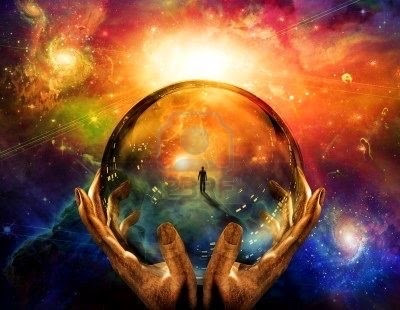We live in a world filled with “know it all’s.” Humility and modesty have all but disappeared, or at least taken a nap. Everywhere you go, whether in reality or virtually, you hear people pontificating on every matter of life: the pandemic, vaccinations, economics, politics, parenting, relationships, school, government, church, morality. Lots of truth has also taken a nap. Opinion has taken over the day. It doesn’t seem to matter if that opinion has any basis in fact. Stick out your chest and let the words fly, with a little more volume so that those around you can overhear. And--lets be honest--most of us, at least from time to time, act like we are "know it alls."
Merriam Webster explains the origin of this concept: “English picked up both the concept of hubris and the term for that particular brand of cockiness from the ancient Greeks, who considered hubris a dangerous character flaw capable of provoking the wrath of the gods. In classical Greek tragedy, hubris was often a fatal shortcoming that brought about the fall of the tragic hero. Typically, overconfidence led the hero to attempt to overstep the boundaries of human limitations and assume a godlike status, and the gods inevitably humbled the offender with a sharp reminder of his or her mortality.”
Another way we approach this issue in theology is the struggle between Faith and Doubt, which is greatly misunderstood. They are not opposites. Doubt is the pathway to Faith, and ever deeper knowledge and understanding. It is the acknowledgment that we are not as smart as we thought we were, and that there is more for us to learn.
Brian McLaren, in his recent book, Faith after Doubt, proposes a four-stage growth process of Simplicity, Complexity, Perplexity and Harmony. He writes:
Doubt, it turns out, is the passageway from each stage to the next. Without doubt, there can be growth within a stage, but growth from one stage to another usually requires us to doubt the assumptions that give shape to our current stage. (43)
In the stage of Simplicity, we desire correctness. We have a great need to prove we are right about things. Our thinking tends to be dualistic: good/bad; right/wrong; us/them. However, as we experience the limits of our knowledge and understanding, doubt moves us toward Complexity, which has to do with effectiveness. We expand our toolbox as we realize life is complicated, and we need to find new paths in order to succeed. However, we soon realize this is more difficult than we thought, and we experience the limits of not only our knowledge and understanding, but also our effectiveness, our competence.
I have experienced this so often in ministry, at every level. I thought I knew what God wanted me to do, what the congregation needed, what the people of Mexico (when I taught there) needed, how the Hunger and Justice Committees I have been on could really make a difference. But then I hit a wall, a wall of doubt, that tried to take me deeper, accepting the complicated Perplexity of life. Here we are driven toward a deeper honesty with ourselves, and a greater hunger for justice in the world. This is often the most painful descent into unknowing.
McLaren describes this movement:
When I studied the mystics . . . I learned that they spoke often of purgation (or katharsis) as the portal to illumination. They saw purgation as the painful and necessary process by which we are stripped of know-it-all arrogance, ego, and self-will. Perplexity, I realized, was working like an X-ray of my soul, exposing much of my so-called spirituality as a vanity project of my ego, an expression of my arrogant desire to always be right, my desperate and fearful need to always be in control, my unexamined drive to tame the wildness of life by naming it and dominating it with words. The doubt of Perplexity, the mystics helped me see, was just the fire I needed to purge me of previously unacknowledged arrogance. In this way, self-knowledge was another gift that came, unwanted, during my Stage Three descent. [72, 78]
Doubt drives us deeper, as we accept the Perplexity of life, and we deepen our commitments, striving for greater honesty and justice. This is where many of us find ourselves right now. We realize we don’t have all the answers. We realize our quest for love and justice often falls short. In this polarized world, we speak louder--thinking that will persuade others--but what we are actually doing is trying to convince ourselves we are really right, that we know what is best, that we are on the correct path. Doubt again enters, and drives us even deeper, toward Harmony.
It is then that we realize that we move through stages, not just because we encounter doubt and unknowing, but because we are driven by love, a love that is deeper, more pervasive, more inclusive, more Godlike. [87-91]
Teacher, which commandment in the law is the greatest?” Jesus said to him, “’You shall love the Lord your God with all your heart, and with all your soul, and with all your mind.’ This is the greatest and first commandment. And a second is like it: ‘You shall love your neighbor as yourself.’ [Matthew 22:36-39]





